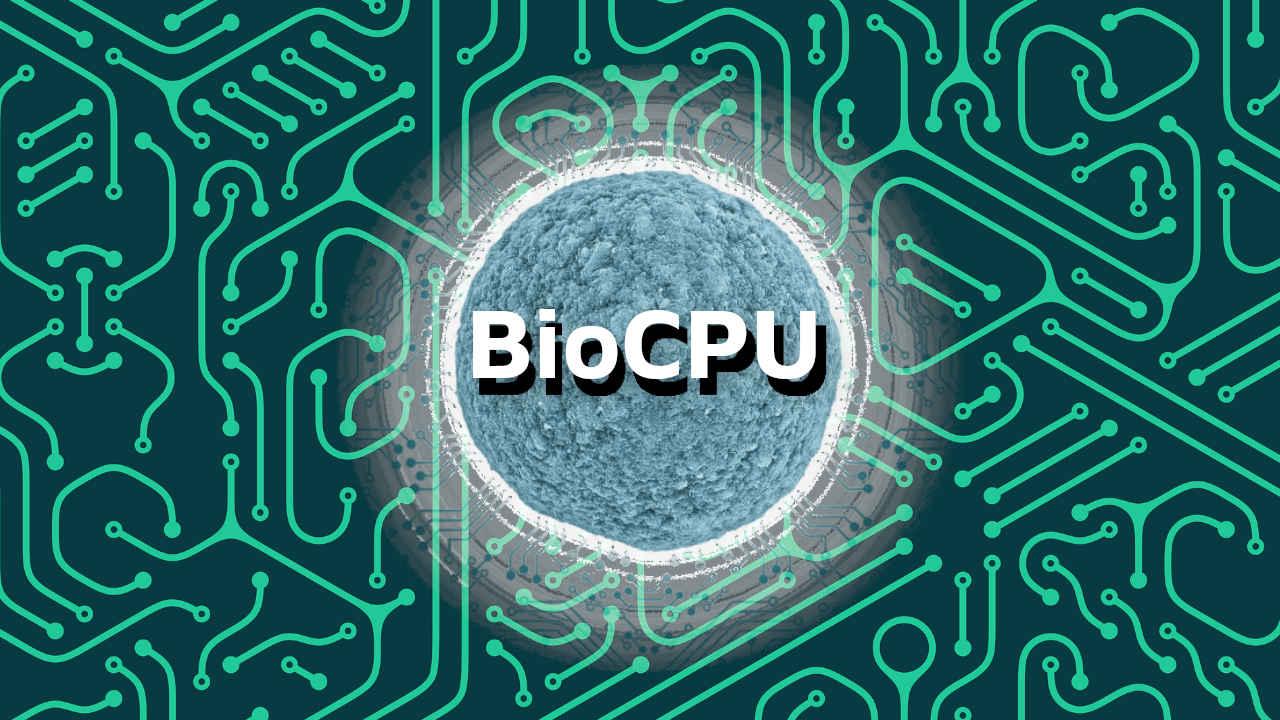Many technologies allow us to see the progress that has been made in recent years in sectors like IT, but this time they have managed to elevate one of the main components of this sector to another level, creating the world’s first organic processor. . world. A Swiss company has developed what it calls a bioprocessorthe first in the world to use an organic system to process information through a system of organoids cerebral.
There are times when we can see two sectors of science collaborating to contribute more generally to advances in various fields, and in this case they managed to create a new form of processor that we did not have seen so far. , and it is a CPU
Where computer science and biology meet, it’s the world’s first bioprocessor
Bioinformatics is a branch of science that combines biology and computer science and provides research capabilities that enable the development of new types of technologies for applying computational knowledge to living organisms. In this case we can see how the company FinalSpark has created a new project that it has called Neuroplatform, which offers the possibility for educational institutions to access it to test it and develop the knowledge of the different users who use it. use.
Understanding how this platform works is not easy, since it uses four matrices multielectrode this house made of living fabric, organoidsthree-dimensional cellular masses of brain tissue, each of the matrices containing four organoids, interconnected by eight electrodes used for both stimulation and recording. Data is transported through digital-to-analog converters with a sampling rate of 30 kHz and a resolution of 16 bits. Finally, it is a software stack that allows researchers to input data variables and then read and interpret the processor’s output.
The benefits it can offer exceed those of silicon
To know what advantages this type of system can have over the materials and designs currently used, we must first know what is one of the biggest problems facing the processors that can be found today. And one of the biggest problems with processors is their power consumption as well as high temperatures, which has been reinforced by the development of artificial intelligence, which has caused great concerns about power and energy needed to be able to train and. Use them.
In this case, the researchers indicate that training a single LLM like GPT-3 requires a large amount of energy which could be significantly reduced through the use of this type of training. bioprocessorsexplaining that while a processor would use 10 megawatts of power to perform efficient calculation, this organic processor would only use 20 watts of power.
Although not everything is good, and in addition to being a very recent development, another of the big problems it poses is the fact that the useful life of this processor is not too high, knowing that This is a technically living processor, it only lasts 100 days, while normal processors can last for years or even decades.









